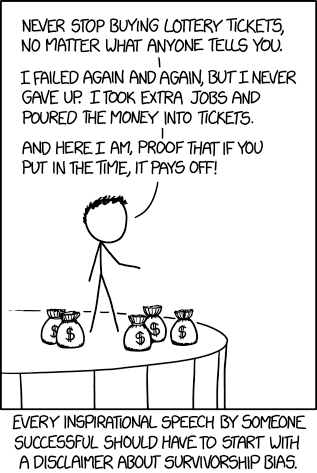Bertrand Russell was 72 when he wrote this essay in 1945, and he lived to be 97. As for myself, today is my 87th birthday..
“How to Grow Old” by Bertrand Russell
In spite of the title, this article will really be on how not to grow old, which, at my time of life, is a much more important subject. My first advice would be to choose your ancestors carefully.
Although both my parents died young, I have done well in this respect as regards my other ancestors. My maternal grandfather, it is true, was cut off in the flower of his youth at the age of sixty-seven, but my other three grandparents all lived to be over eighty.
Of remoter ancestors I can only discover one who did not live to a great age, and he died of a disease which is now rare, namely, having his head cut off. A great-grandmother of mine, who was a friend of Gibbon, lived to the age of ninety-two, and to her last day remained a terror to all her descendants.
My maternal grandmother, after having nine children who survived, one who died in infancy, and many miscarriages, as soon as she became a widow devoted herself to women’s higher education. She was one of the founders of Girton College, and worked hard at opening the medical profession to women.
She used to tell of how she met in Italy an elderly gentleman who was looking very sad. She asked him why he was so melancholy and he said that he had just parted from his two grandchildren. ‘Good gracious,’ she exclaimed, ‘I have seventy-two grandchildren, and if I were sad each time I parted from one of them, I should have a miserable existence!’ ‘Madre snaturale!,’ he replied.
But speaking as one of the seventy-two, I prefer her recipe. After the age of eighty she found she had some difficulty in getting to sleep, so she habitually spent the hours from midnight to 3 a.m. in reading popular science. I do not believe that she ever had time to notice that she was growing old.
This, I think, is the proper recipe for remaining young. If you have wide and keen interests and activities in which you can still be effective, you will have no reason to think about the merely statistical fact of the number of years you have already lived, still less of the probable shortness of your future.
As regards health, I have nothing useful to say as I have little experience of illness. I eat and drink whatever I like, and sleep when I cannot keep awake. I never do anything whatever on the ground that it is good for health, though in actual fact the things I like doing are mostly wholesome.
Psychologically there are two dangers to be guarded against in old age. One of these is undue absorption in the past. It does not do to live in memories, in regrets for the good old days, or in sadness about friends who are dead.
One’s thoughts must be directed to the future, and to things about which there is something to be done. This is not always easy; one’s own past is a gradually increasing weight.





 I am also happy most of the time.
I am also happy most of the time.




